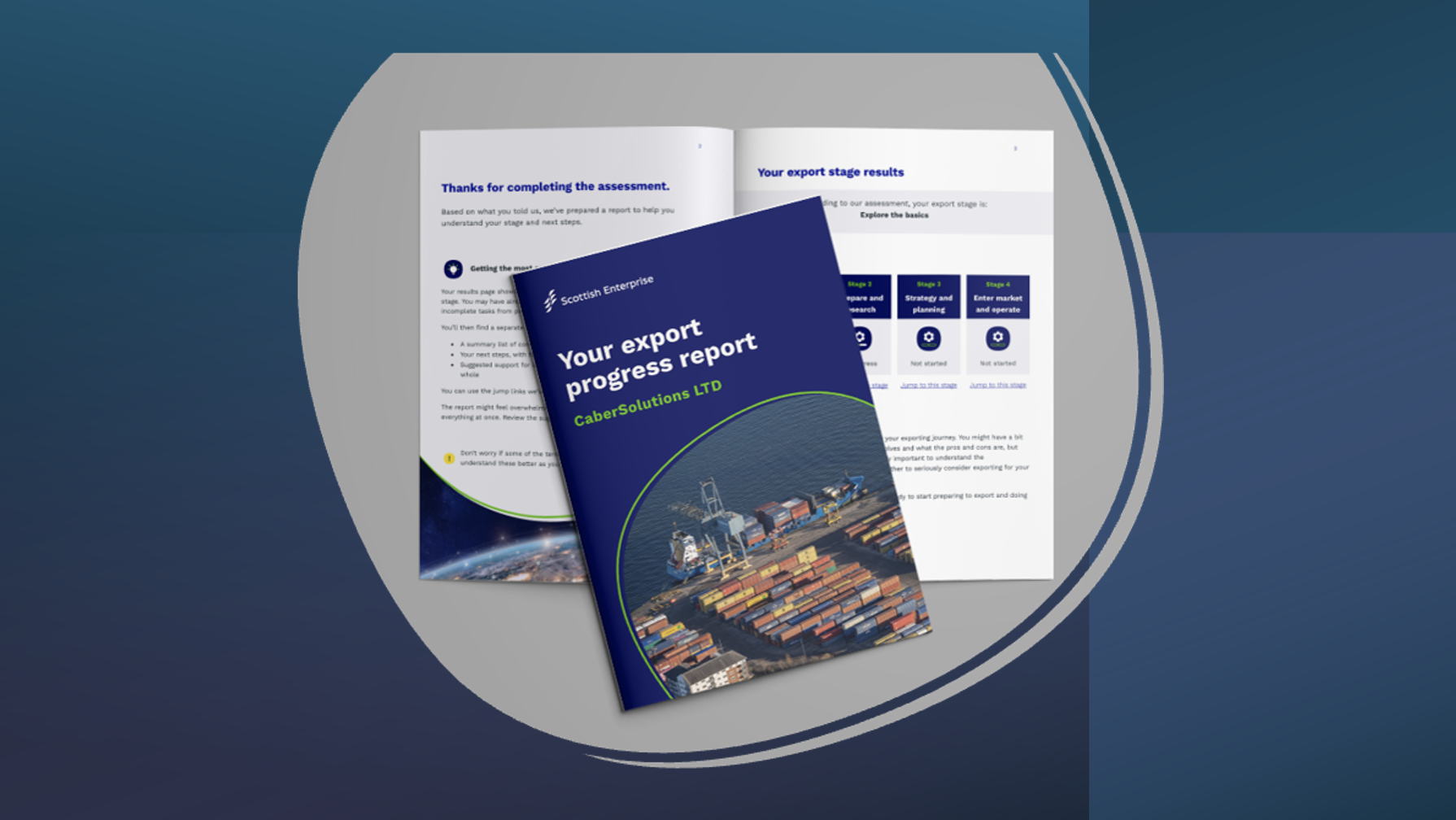Europe’s Fintech Startup Environment – And How The Current Crisis Drives Its Further Development

Europe is great in many ways, and a favorable environment for many economic sectors to flourish – and the fintech startup industry is definitely among them. While the Silicone Valley is booming, and Atlanta is following as a close second, the regional players, such as Estonia, are emerging to challenge the world’s most prominent fintech hubs.
European fintech environment today: an overview
One can easily see the benefits available to the fintech entrepreneurs that choose to base their companies in Europe. Among the most prominent ones is the European regulatory environment, which is both start-ups oriented and tailored in a way that fits the specifics of each of the states in the region and the European market as a whole.
Having said that, we should also note that there are a number of challenges that are preventing Europe from making a strong standing among those with the most attractive start-up environments in the world.
Firstly, unlike the US start-ups, ones based in Europe need to rethink their line of development. While the former is more focused on market penetration and a marketing boom that will make them widely known, the European start-ups need to secure the revenue first, before thinking of what the next step should be like.
And, secondly, despite London and Berlin – the current fintech startup hubs of Europe – entrepreneurs based elsewhere can sometimes struggle to have access to funding opportunities. The lucky few manage to get initial funding outside the region – in the USA or Asia, however, once that is secured, the start-up is also likely to abandon Europe for a more favorable environment.
Despite the challenges listed above, Europe remains to be the birthplace of the fintech unicorns, such as the Swedish payment system Klarna, the UK’s bank for entrepreneurs OakNorth, N26, and the Revolut, that we will examine in a bit more detail later.
Amidst the outbreak of the COVID-19 pandemic, the European fintech sector is likely to flourish even further. With the digitalization of most of the products and services, the demand for fintech solutions is growing – and European start-ups are all too happy to cater to it. The main sectors that the regions’ fintech entrepreneurs are targeting are blockchain, banking, and financial trading, and we will discuss them in more detail below.
Blockchain – The Newest Solutions To The New Trends
Ever since the blockchain solutions were first introduced, their popularity did not cease to stop growing. The current estimate is that the world blockchain spending will increase to more than 15 billion in 2023.
However, with such a rapid expansion, it became apparent that some sort of regulatory mechanism is imperative to ensuring the safety of all the parties involved. But how does one control something so strongly based on anonymity?
The solution was once offered by Ethereum (which, coincidentally, was co-founded by a programmer of Eastern European descent – Vitaliy Buterin). Smart contracts that the company came up with are now widely used to document the details of transactions, and can even be used as a legal confirmation in court disputes. The technology is especially popular with the individual lenders in Europe, as they act as an additional layer of security for both the lender and the borrower alike.
Financial Trading ”” Innovation With Benefits For All
Financial trading is one of the rare few of the markets that was always glad to welcome new technological solutions and incorporate that into the traditional way of functioning. It is, therefore, unsurprising that European start-ups are often trying to tailor their services in a way that best caters to the needs of this market niche.
A good example of that would be the UK-based fintech company Revolut. In an attempt to both expand their customer base and penetrate the financial trading market, Revolut came up with an idea of integrating their services with the brokerage offering, and it worked out very well for them both. Revolut did expand their client base and made themselves even more recognizable, trading service providers obtained an efficient payment system to offer, and the traders benefited from a mechanism that significantly reduced the hassle involved with depositing or withdrawing funds.
After proving to be both efficient and profitable, the integration of services with financial trading was soon picked up by the European fintech start-ups and continues to be done so today. There are only a few downsides to this development, and the most prominent among them is the lack of accessibility to the full services that either a trading company or the Revolut (and other fintech companies of a similar nature) has to provide. The client of a fintech service provider would still have to join a trading company separately, and, similarly, the trader will have to get in touch with the fintech to get access to the full variety of their services.
Other than that, functional integration goes a long way to show that there is definitely potential for the Europe-based fintech start-ups to come up with breakthrough technologies and reclaim the title of being listed among the world’s top largest technological hubs.

Banking – A Means Of Achieving The Ultimate Goal
Although the banking segment is strong in Europe, there is one struggle that it is yet to win – namely, the desire to achieve 100% of the inhabitants of the region being banked. While the numbers are sufficiently high in Western Europe, the situation is very different in the Eastern part of the region.
With that in mind, European fintech start-ups have stepped in to try to solve the issue of unbanked citizens. Russian Tinkoff online banking, recently valued at over 5 billion USD, is a shining example of how financial technology can offer a working solution. Tinkoff is completely digitized, and, in that, reduces the hassle of having to physically visit one’s bank to virtually non-existent. With such convenience combined with the efficiency and trustworthiness of the service provider, Russia saw a significant increase in the coverage of the previously unbanked population.
The opportunities for fintech start-ups in Europe are widely known and actively used, and on top of the prominent regional fintech centers, such as Berlin and London, Europe is currently seeing a rise of the new players, such as Estonia, Bulgaria, and Lithuania. The niches to occupy are plentiful, and the outbreak of COVID-19 is generally favoring technological advancement, however, there are still a number of aspects of the industry that need to be refined – with the lack of accessible funding among the most obvious ones.
If the current crisis and the fintech boom associated with it will lead to those challenges being successfully resolved, Europe can easily become a strong competitor to the United States and Asia in the development of modern fintech solutions.
Photo by Jonas Leupe on Unsplash



